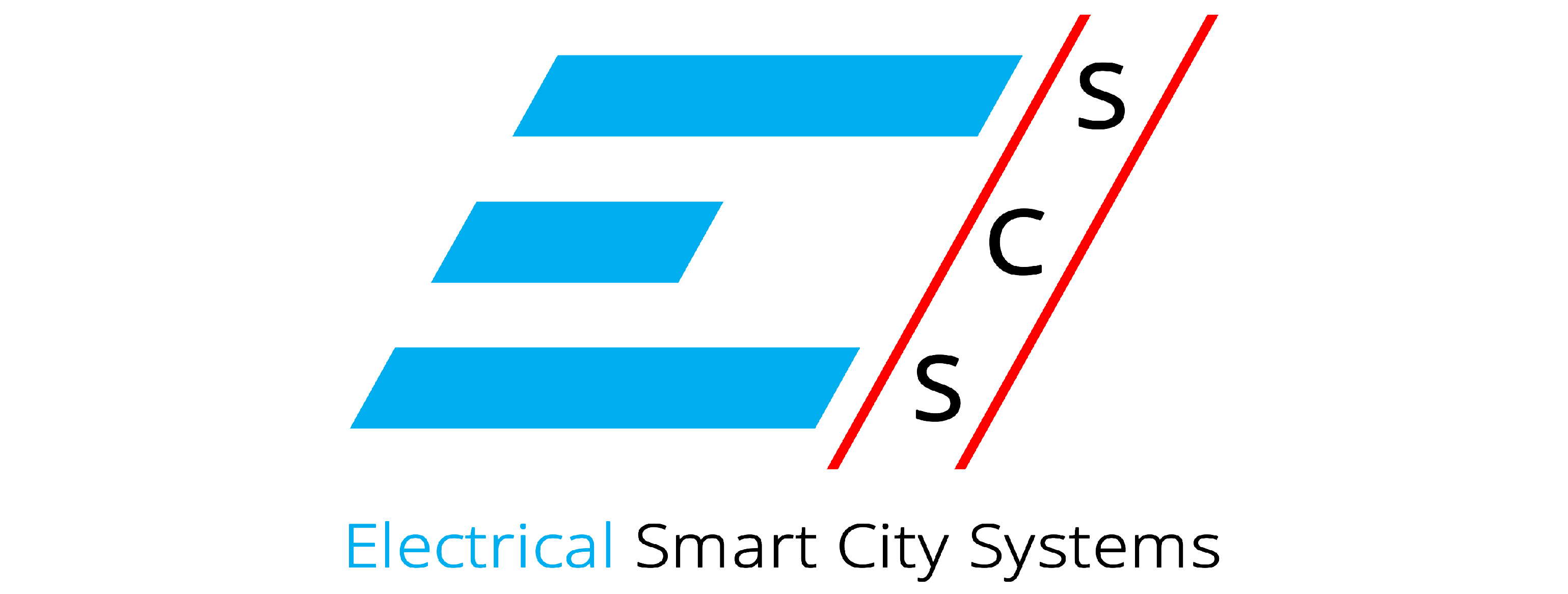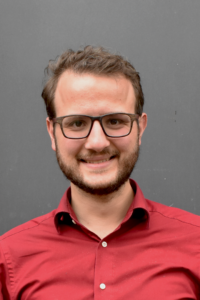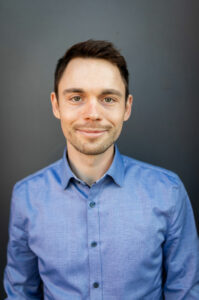6G-Platform
The goal of the project „Platform for Future Communication Technologies and 6G (6G Platform Germany)“ is both to make scientific contributions to the content design of 6G and to ensure the scientific-organizational support of the processes that are necessary for the successful implementation of the German-European 6G program. To this end, harmonization with international regulation and standardization will be promoted, and opportunities for participation by society and industry will be created. Accordingly, the platform ensures that user groups that are not actively involved in mobile communications research can also contribute to the identification of 6G leading applications and requirements. The focus is on ensuring efficient harmonization of visions and concepts with the aim of defining a uniform German position. The necessary comprehensive and inclusive consideration of as many stakeholders, projects and key parties as possible is part of the accompanying research activities of the 6G platform. This takes into account that the definition of 6G is a dynamic process with currently still dynamically changing agendas.
The scientific contributions of the 6G Platform deal in particular with issues of high social relevance. In addition to internal science communication within the framework of the 6G initiative, the 6G platform is also aimed at recipients outside the scientific community. Space for dialog is created, through which broad sections of the population, from those with an affinity for technology to groups less interested in technology, are to be reached. In this way, the broadest possible participation in the innovation potential of 6G is generated in society at an early stage, which will also benefit the economy in the long term. Overall, the 6G platform is making an important contribution to the development of a 6G ecosystem and thus to advancing Germany’s technological sovereignty in future 6G technologies.
The Chair of Electrical Smart City Systems focuses on the harmonization of the different use cases from the 6G BMBF initiative. With the aim of driving standardization forward, various applications will be identified and their requirements defined . This is addressed in the working group ROADMAP “Future Lab – 6G for Smart Cities, Connected Mobility, Campus Networks” with the Technical University of Berlin as co-lead. In addition, the chair and the Barkhausen Institute share the leadership of the working group TRUST “Trustworthiness” , whose focus is on the coordination of requirements and concepts on security. Here, the aspects of reliability (including availability, dependability, and resilience), verifiability, controllability, operational security and,in particular, the areas of data protection (privacy) and data security (security) are considered.
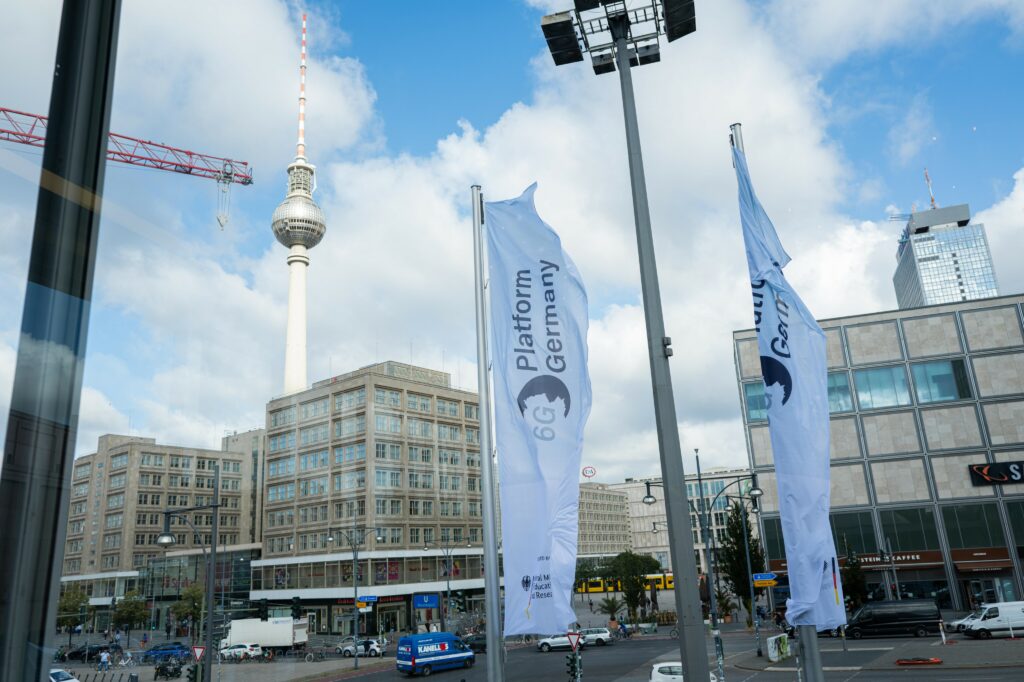
Working Group Roadmap
6G use cases are currently being collected and researched in a variety of contexts. Our goal is to identify and shape the German/European vision of 6G use cases and harmonize them through the projects. The final product will be various case studies and a roadmap that will identify the 6G use profiles. Participate and contribute your use cases and ideas!
Working Group Trustworthiness
The aim of WG Trustworthiness is to foster the knowledge exchange and cooperation among all stakeholders interested in trustworthiness of future networks including 6G. Thereby trustworthiness is a broad concept combing many different aspects such as safety, security, privacy, resilience, reliability, assurance etc. – whereby always considering functionality and utility. We will meet online and in presence to collect the different views and needs with respect to trustworthiness, to understand the current R&D landscape and ongoing efforts, identify gaps and articulate our vision.
Contact
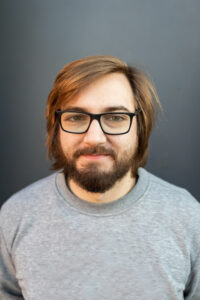
Dr. Maximilian Lübke, Akademischer Rat a. Z.
Akademischer Rat a.Z. und Gruppenleiter der Radio Propagation, Technologies and Networks GruppeMore information
For more information, please visit the project website:
